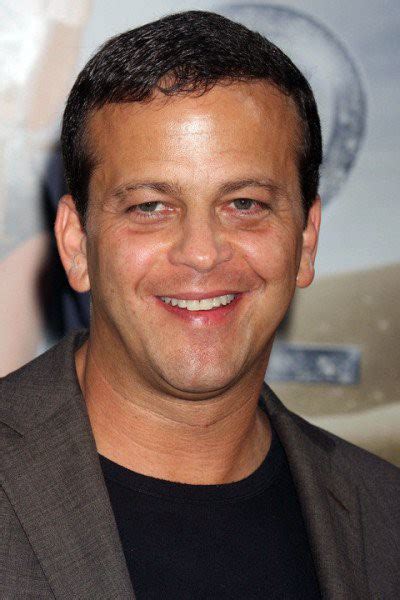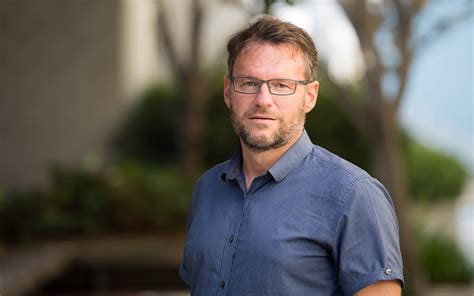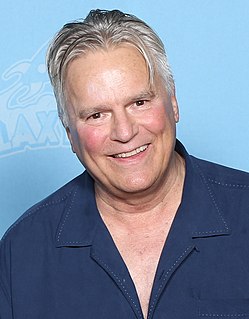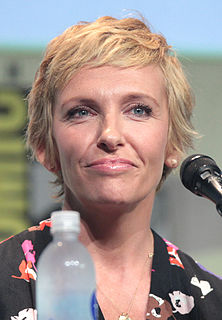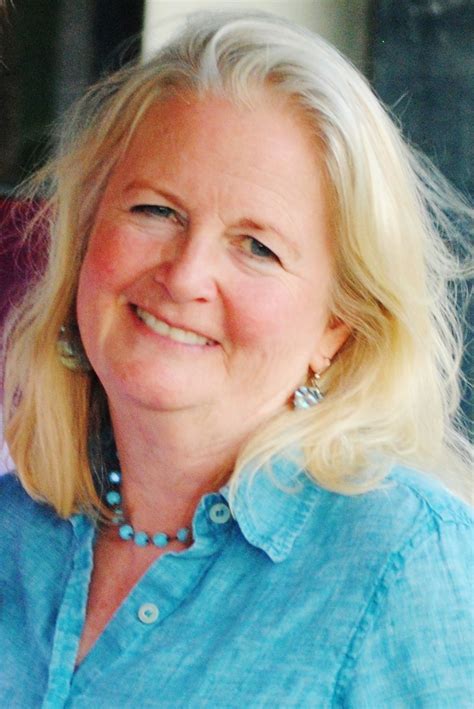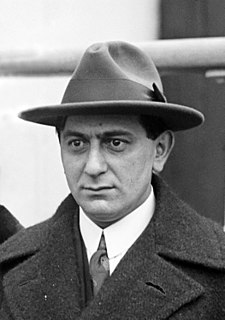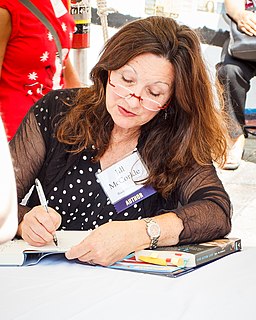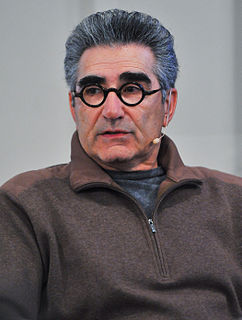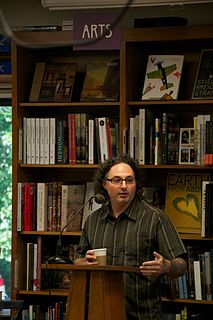A Quote by Tony DiTerlizzi
In some ways, you kind of take a personality and drop it on the ground, and it breaks into a bunch of little pieces, and you kind of water those pieces, and it grows into characters. So they're all me in a way.
Related Quotes
Love is like a teacup that every day falls to the ground and breaks to pieces. In the morning the pieces are gathered and with a little moisture and a little warmth, the pieces are glued together, and again there is a little teacup. He who is in love spends life fearing that the terrible day will come when the teacup is so broken that it can no longer mended.
In period pieces or genre pieces, those have to be set in historical truths. But, science fiction has different game pieces. And with those game pieces come other stories we're not familiar with. So, science fiction teaches us how to relate to outsiders, to foreigners, and to not approach any of that with fear, but a genuine curiosity.
It is the task of the scenarist to invent little pieces of business that are so characteristic and give so deep an insight into his creatures, that their personalities clearly and organically unfold before the eyes of the audience so that the latter feel that the actions of these people are contingent upon their characters, that there exists some kind of a logical fate, and that nothing is left to mere accident or coincidence.
I feel very protective in the first draft, when all the pieces are coming together. I work in a way that is not linear or chronological at all, even with the short story. I will just be writing bits and pieces, and then when I have all the pieces on the table, that for me is when it feels like the real work begins.



